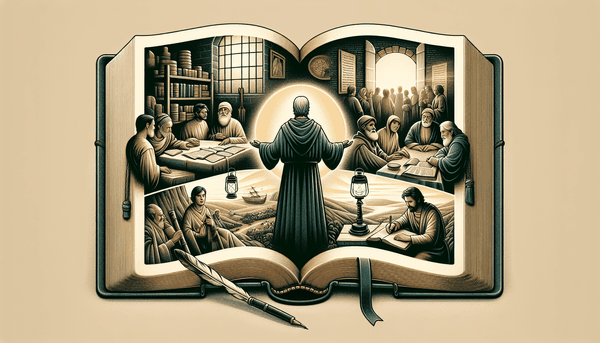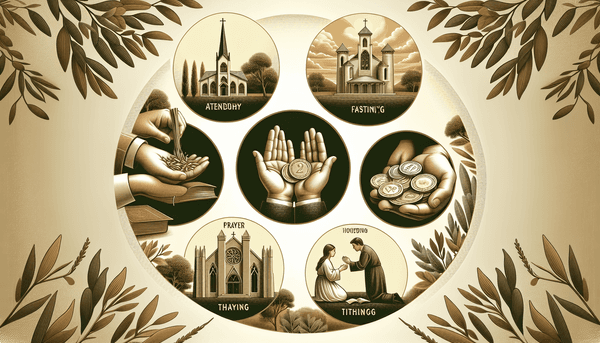The Wise Men's Journey and Insight
The Magi's quest to find the newborn King was underpinned by their familiarity with the Jewish Scriptures, particularly the prophecy in Numbers 24:17, which states, 'A star will come out of Jacob; a scepter will rise out of Israel.' Their expertise in celestial movements combined with a profound understanding of ancient prophecies led them to discern the appearance of the star as the herald of the long-awaited Messiah. Their journey, a harmonious fusion of academic knowledge and spiritual insight, exemplified the wise men's dedication to seeking truth. As they followed the star, they were unknowingly fulfilling Isaiah's prophecy: 'Nations will come to your light, and kings to the brightness of your dawn' (Isaiah 60:3). The Magi's arrival in Bethlehem and the gifts they laid at the feet of Jesus also echoed the words of the Psalmist: 'May the kings of Tarshish and of distant shores bring tribute to him. May the kings of Sheba and Seba present him gifts' (Psalm 72:10-11), thus revealing the universal recognition of Jesus' sovereignty.
Symbolism of the Magi's Gifts
In offering gold, the wise men were recognizing Jesus' status as the ultimate monarch, 'King of kings' (1 Timothy 6:15), and acknowledging the precious value and honor due to Him. Frankincense, a substance used in worship, denoted Jesus' divinity, aligning with the truth that He is 'the image of the invisible God' (Colossians 1:15) and our mediator with the Father (Hebrews 4:14-15). The gift of myrrh, traditionally associated with embalming, was a poignant foreshadowing of the death Jesus would endure for humanity's redemption, as prophesied in Isaiah 53:5: 'But he was pierced for our transgressions, he was crushed for our iniquities; the punishment that brought us peace was on him, and by his wounds we are healed.' Each gift from the Magi held deep prophetic significance, encapsulating the life, death, and kingship of Jesus Christ.
Biblical Perspectives on Contemporary Issues
While the Bible does not explicitly mention gambling, it offers principles of stewardship and contentment that can guide believers in their attitude towards such practices. Scripture warns against the love of money, which 'is a root of all kinds of evil' (1 Timothy 6:10), and encourages the faithful to find contentment in God's provision (Hebrews 13:5). The Bible also addresses the concept of mind reading, not as a human ability, but as an attribute of God's omniscience. The Psalmist acknowledges, 'You know when I sit and when I rise; you perceive my thoughts from afar' (Psalm 139:2). In the New Testament, Jesus often demonstrates His divine knowledge of people's thoughts and intentions (Matthew 9:4), emphasizing God's unique understanding of the human heart.
Living a Godly Life: Practical Applications
The Biblical account of the Magi teaches us about the pursuit of truth and the recognition of Jesus' authority in all aspects of life. As believers, we are called to act justly, love mercy, and walk humbly with our God (Micah 6:8). This manifests in a life characterized by integrity, compassion, and humility. Loving God with all our heart and loving our neighbors as ourselves (Matthew 22:37-39) are the greatest commandments that Jesus emphasized, and they compel us to reflect God's love in our daily interactions and to pursue justice in our spheres of influence.






